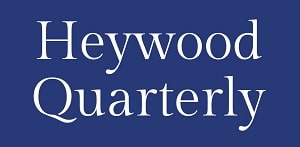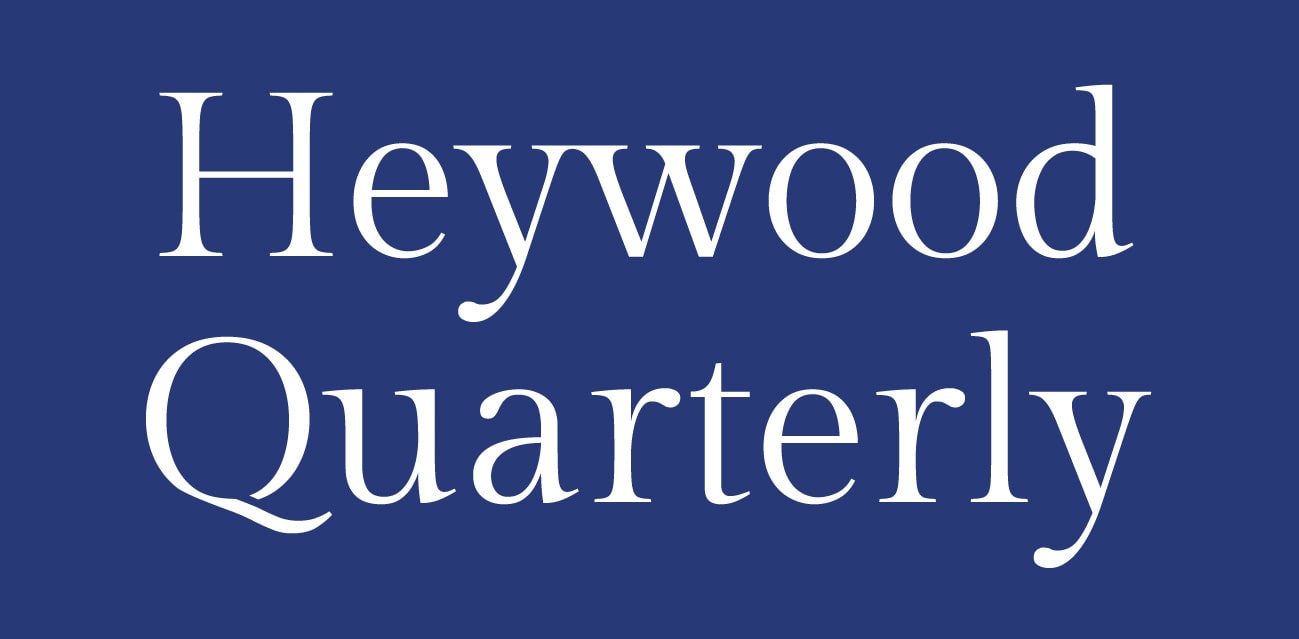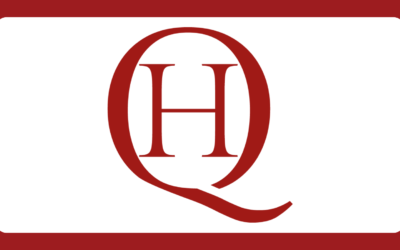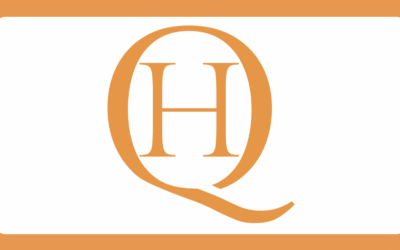Edward Young, the Sovereign’s Principal Private Secretary from 2017 to 2023, describes the Monarch’s role in a general election…and how advisers resolved a constitutional ‘pickle’ in 2015
Listen to this article (AI generated audio)
Midway through the General Election of May 2015, in the Georgian splendour of Windsor Castle, the late Chris Martin and I met for a routine discussion. Chris was the Principal Private Secretary to the then Prime Minister, David Cameron. In an oak panelled room, with an endless supply of earl grey tea and crustless sandwiches, we put great effort into secretly plotting every probable scenario of the outcome of the election and how the State would need to respond.
Our work completed, we then sauntered down the hill in the late sunshine to St. George’s Chapel for Evensong, where the Dean of Windsor (who had been tipped off by The Queen that Chris was there) said: “We pray for all those in positions of authority, including those public servants charged with the smooth oversight of the election process”. Chris quietly enjoyed that.
However, the joke was on us. The only scenario Chris and I had failed to plot thoroughly was an outright majority for David Cameron’s Conservatives. This would mean an earlier than anticipated return by helicopter to London for Her Majesty. I remember Chris ringing me at 10pm on election night to say, “Oh dear; we may have to recalibrate our plans.” Fortunately, we navigated our way through it, and no one was any the wiser.
General Elections, after State Openings of Parliament, are the most visible demonstration of the Monarch’s constitutional duties. It is the Monarch, as Sovereign and Head of State, who appoints the Prime Minister. Many of the Government’s powers derive from those of the Sovereign. This includes the power to prorogue and dissolve Parliament. The exception to this was, of course, the period between 2011 and 2022 when the Fixed Term Parliaments Act governed the timings of elections.
This is why, when the Prime Minister stands outside the door of 10 Downing Street to announce the calling of a General Election, the announcement invariably includes a reference to the Sovereign. The Sovereign’s final election-related duty, before Parliament can be ended, is to approve the dissolution order at a meeting of the Privy Council.
While the Sovereign reserves the power to refuse a dissolution request from the Prime Minister, there are no known instances of this power having been exercised in modern times. However, this is beside the point. In my experience, the very existence of the Sovereign’s constitutional responsibilities will cause a Prime Minister to think very carefully before offering recommendations. The powers may not recently have been used, but there is always the possibility that they could be.
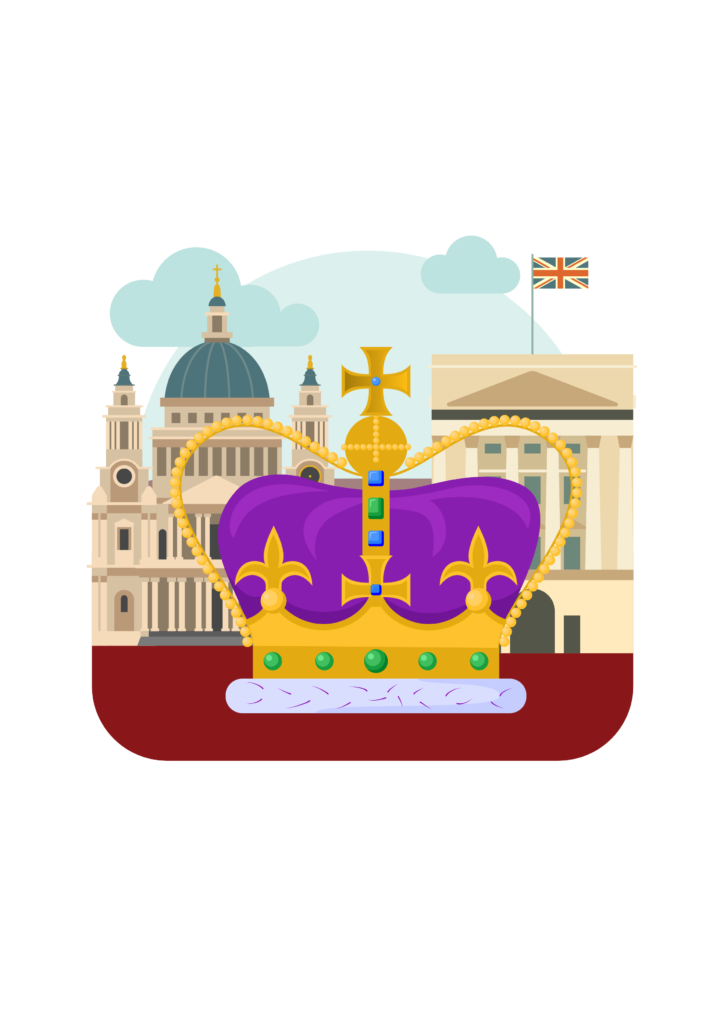
As well as being Head of State, the Sovereign is our head of nation. A primary role of a modern monarchy is to be a unifying figurehead, above politics and providing a sense of stability in uncertain times. Therefore, once the campaigning begins, the Sovereign and other members of the working Royal Family will customarily take extra care to remain above the political fray. They will avoid doing anything that might be seen to support a certain candidate, party, or policy. Royal visits, receptions and engagements are likely to be rescheduled if they might otherwise appear to divert attention or distract from the election campaign.
Over the years, observers have come to expect that these crucial constitutional aspects of the election process should appear effortless, running on well-oiled rails. However, as with so many things in public life, the appearance of effortlessness requires a great deal of effort. The key to achieving this involves both a rigorous attention to detail and a trusting, understanding working relationship between the private offices at either end of St James’s Park.
The three people at the heart of this will be the Sovereign’s Principal Private Secretary, the Cabinet Secretary and Principal Private Secretary to the Prime Minister (the so-called ‘Golden Triangle’). Each of these figures understands the constitutional imperative of building and maintaining the highest level of trust, integrity and mutual understanding in their communications with each other. The maxim ‘no surprises’ was as important a yardstick for me as the Sovereign’s private secretary as it was for my predecessors, and my successor, Sir Clive Alderton.
In support of the No Surprises goal, one of the most important constitutional practises in normal times is the weekly ‘Audience’ meeting between Sovereign and Prime Minister, usually held at Buckingham Palace on a Wednesday evening (though not, customarily, during an election campaign).
While the Heads of State and Government are in their private weekly discussions upstairs, an equally useful meeting will be being held on the ground floor below, between the PPSs to the Sovereign and Prime Minister, in the former’s office, overlooking the Palace garden. While they will speak on the telephone at other times of the week, this is the opportunity for a private face to face comparing of notes, albeit in a conversational and un-minuted format.
Whereas the conversation between HM and PM upstairs might more usually be about matters of government policy that are at an urgent or advanced stage of design or delivery, the topics aired downstairs might also relate to matters that are at the earlier stages of policy formulation. It will be a chance for the Sovereign’s private secretary to give an update on, say, a proposed major visit or speech.
Crucially, the No.10 PPS will want to ensure that the Palace never feels blindsided by any activity or announcement, and vice versa. This is particularly important when an announcement or activity might have an unintended bearing on the Sovereign’s official or constitutional position. Examples of this may include the Sovereign’s duties as Head of the Armed Forces, Supreme Governor of the Church of England and the fount of honour, not to mention as Head of the Commonwealth and Sovereign of 14 other Commonwealth realms.
While faithfully representing the position of the Prime Minister of the day, the PM’s PPS will always be mindful of the duty of the Civil Service to ensure that the Sovereign is kept well out of the party political fray, and that no potential action or policy under development by the government of the day could be construed to be dragging the Monarch into the political debate or allowing any reasonable person to think that the Sovereign is being partisan.
My 20-year experience of these weekly officials’ discussions, in support of two Sovereigns and seven Prime Ministers (of Labour, Coalition and Conservative governments), is that it is always wisest for both sides to raise potential issues at the earliest possible stage of intellectual development. Far better to broach fledgling ideas one week only to have to apologetically pour cold water on them the next, rather than to hold back until a proposal or plan has developed a political or institutional life of its own.
I recall those weekly meetings with great fondness. I know that I am not alone in retaining as good friends the senior c
ivil servants with whom I developed the closest possible working relationships during my time in the role.
At the conclusion of the election process, there will be an equally significant role for the Sovereign. Regardless of whether there is a change of government following a general election, there is much for the Palace and No.10 to discuss once the outcome has become clear. Inevitably, there will be Ministerial changes. As noted above, the Sovereign appoints Ministers on the advice of the Prime Minister. To make this process as seamless as possible, and to allow the Government to publicly announce the appointments, the practice is that the Sovereigns ‘informal’ approval will first be sought and obtained, and this will be followed up in slightly slower time with the signed Prime Ministerial submission for HM’s initials.
It is a longstanding principle that Prime Ministers hold office unless and until they resign. In cases where the Prime Minister must tender their resignation following the election result, as happened in 2010, the Prime Minister will come to Buckingham Palace to resign in person to the Sovereign. If the Prime Minister resigns on behalf of the Government, the Sovereign will invite the person who appears most likely to be able to command the confidence of the House of Commons to serve as Prime Minister and to form a government. As the Cabinet Manual makes clear, if there is any doubt as to who this person should be, it is for those involved in the political process – particularly the parties represented in Parliament – to communicate clearly to the Sovereign who is best placed to be able to command the confidence of the House. However, if after an election the incumbent government has retained its overall majority, there is no need for the Sovereign to reappoint the Prime Minister.
Meanwhile, the Privy Council Office will be eager to identify an early opportunity for a meeting of the Privy Council – usually at Buckingham Palace – so that new Cabinet Ministers can be sworn in as members. Again, the Sovereign must give approval to any proposed appointments to the Privy Council. Importantly, appointments to the Privy Council are based strongly on precedent. Appointments are made in recognition of the post holder’s current office rather than as a reward for other services. For example, by precedent all members of the cabinet are Privy Councillors, as is the Leader of the Opposition.
Which brings us back to Chris Martin in May 2015. His drafting of David Cameron’s Downing Street victory speech had given rise to an unexpected constitutional pickle. Opinion was evenly divided as to whether the PM should say:
I have just been to see Her Majesty The Queen who has invited me to form a majority Conservative Government.
Or
I have just been to see Her Majesty The Queen to inform her that I will form a majority Conservative Government.
The question was: is the Coalition PM being invited to form a new Conservative Government (as apparently happened in May 1945) or is he simply continuing as PM (as, say, in 2005)? The Government’s lawyers’ view was firmly on one side. The Palace’s view (supported by The Queen) was firmly on the other. I am too diplomatic to say who held which position, but time was short. The PM’s convoy was speeding up the Mall.
A solution had to be found. We found it by taking a leaf out of Agatha Christie’s book. We deployed an unarticulated ellipsis. Thus, the PM’s words were:
I have just been to see Her Majesty The Queen … and I will now form a majority Conservative government.
We were quietly pleased with those unspoken three dots. It was a reminder that, when navigating an unwritten constitution, sometimes one must think on one’s feet. Also that, occasionally, some things are better left unsaid.
For more reading on constitutional matters, please refer to The Cabinet Manual (2011). Further instruction on the use of the unarticulated ellipsis can be found in The Murder of Roger Ackroyd, Chapter IV (A. Christie, 1926).
